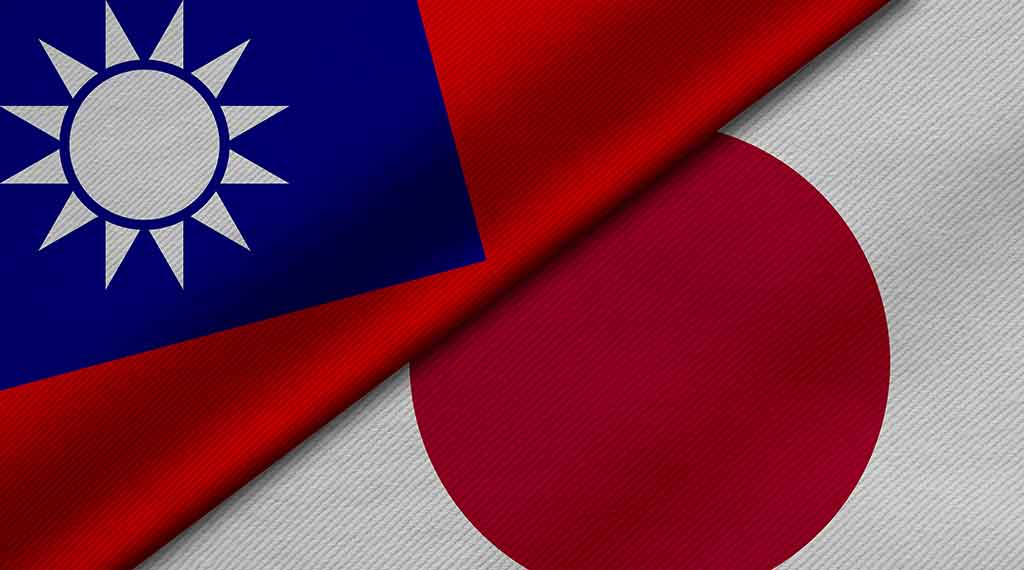
A bipartisan delegation of Japanese politicians visited Taiwan last week, marking the latest of several visits by Japanese Diet members over the years. While consistently irking China, these visits are significant only up to a point.
Japanese politicians, including Shigeru Ishiba, a possible future prime minister, visiting Taiwan implicitly demonstrate Tokyo’s concern over China’s threats to Taiwan and indicate a broad degree of support for a free Taiwan.
This latest visit took place despite the inevitable Chinese criticism that would follow. True to form, the Chinese Embassy in Tokyo promised Japan would “pay a heavy price” if it caused trouble over Taiwan.
There’s always the possibility, if not likelihood, of renewed Chinese government harassment of Japanese companies operating in China, or grabbing additional “hostages” from among the Japanese living and working in the PRC.
Another ever-present risk is stepped-up China Coast Guard and Maritime Militia encroachments around Japan’s Senkaku Islands or other parts of Japanese maritime territory.
So, going ahead with these visits despite the risks indicates a degree of Japanese commitment to Taiwan—even if sometimes there’s an element of kabuki as some politicians go along (as in the case of this most recent visit) to bolster their thin foreign policy bona fides or counter rumors they are too beholden to China.
However, one must ask what has the Japanese government actually done in concrete terms to provide overt (or even covert) support for Taiwan’s defense. The answer: very little, if anything.
The Japan Self Defense Force (JSDF) has effectively no relationship with Taiwan’s armed forces; Tokyo won’t even send an active-duty officer to serve as defense attaché or liaison. Instead, it relies on a few retired JSDF flag officers whose usefulness is not obvious.
Japan’s Coast Guard recently did a basic exercise with a Taiwan Coast Guard ship but that’s inconsequential in terms of what’s needed and possible.
At best one might suggest that Japan’s notable help to strengthen Philippine defenses by providing patrol boats, aircraft, radar systems and deepening defense exchanges indirectly supports Taiwan’s defense as well, given the Philippines’ strategic location a short distance south of Taiwan.
But in terms of direct Japanese support for Taiwan, there isn’t much to cite beyond these sorts of lawmaker visits and statements supporting the status quo and against the use of violence to solve Taiwan Strait issues.
- Don’t trust U.K. on Diego Garcia - February 18, 2026
- United States-Japan alliance: reducing burdens or winning wars? - February 14, 2026
- Freeing Iran requires a push from the US – and fast - February 13, 2026
